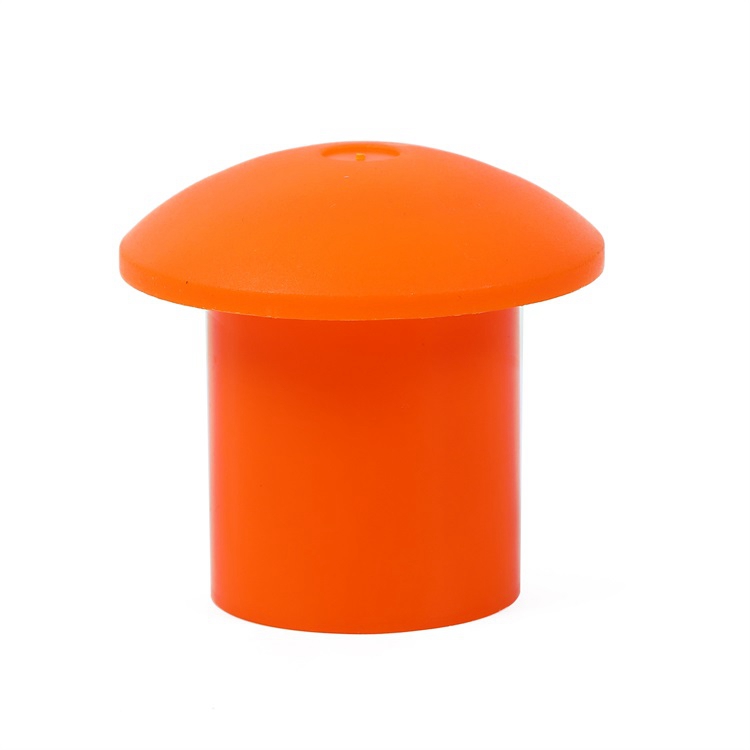Understanding Common Nails and Custom Screws for Your DIY Projects
Custom Screws and Common Nails An In-Depth Look at Fasteners
In the world of construction and manufacturing, fasteners play a crucial role in ensuring the durability and stability of structures and products. Among the myriad of fasteners available, screws and nails are two of the most commonly used types. While both serve the fundamental purpose of joining materials together, they are distinct in their design, application, and advantages. This article aims to explore the differences between custom screws and common nails, focusing on their uses, benefits, and the scenarios in which each would be favored.
Understanding Screws and Nails
Screws are defined by their helical ridge, or thread, which allows them to grip materials tightly when driven in. They can be made from various materials, including steel, brass, and stainless steel, and can be designed with various heads and thread types for specific applications. Common nails, on the other hand, are simple metal spikes, usually with a flat head, that are driven into materials using a hammer. While nails can be very effective for certain tasks, they resort to friction and shear strength to maintain their hold.
Custom Screws Tailored Solutions for Specific Needs
Custom screws are specifically designed to meet particular project requirements and can be manufactured to various specifications, including length, diameter, material, and thread characteristics. The ability to personalize screws provides several advantages in different contexts
1. Precision and Strength Custom screws can be engineered for optimal performance in specific materials, such as wood or metal. They can feature different thread designs to enhance grip or reduce splitting, making them ideal for demanding applications.
2. Aesthetic Improvement In visible areas, custom screws with specialized finishes or colors can enhance the overall appearance of a project, such as in furniture design or architectural elements.
3. Versatile Applications Custom screws can be tailored for unique jobs, like minimum penetration or use with specific machinery, which standard screws cannot accommodate.
custom screws common nails

Common Nails The Traditional Fastener
Common nails have been an industry staple for centuries, prized for their simplicity and cost-effectiveness. They are categorized primarily into several types, including framing nails, finishing nails, and roofing nails, each with its specific use. Here are some benefits of using common nails
1. Ease of Use Nails can be driven in quickly with a hammer or nail gun, making them a popular choice for framing and rough carpentry where speed is of the essence.
2. Cost-Effectiveness Generally cheaper than screws, common nails can be a more economical choice for large-scale projects where large quantities are required.
3. No Pre-drilling Required For many applications, nails can be driven directly into materials without the need to pre-drill, simplifying the construction process.
4. Flexibility Nails can allow for slight movement in structures, which can be advantageous in constructions that may shift or expand due to temperature changes.
When to Use Screws vs. Nails
Choosing between custom screws and common nails ultimately depends on the specific requirements of a project. If strength, durability, and aesthetic detail are crucial, custom screws are likely the best choice. They excel in applications requiring a secure hold and resistance to withdrawal forces. Conversely, for more straightforward tasks or projects where cost and speed take precedence, common nails may be preferable.
Conclusion
Whether opting for custom screws or common nails, understanding the unique properties and applications of each fastener is essential for achieving the best results in construction and manufacturing. Each type serves its purpose effectively, making it vital for professionals and DIY enthusiasts alike to recognize when to utilize one over the other.
-
The Versatility of Gabion Mesh
NewsMay.09,2025
-
The Versatility and Durability of Square Wire Mesh
NewsMay.09,2025
-
The Importance of a Quality Border Fence
NewsMay.09,2025
-
Hexagonal Wire Netting: A Complete Guide to Its Versatility and Value
NewsMay.09,2025
-
Explore the Benefits of Bulk Field Fence
NewsMay.09,2025
-
Discover Quality Weld Mesh for All Your Needs
NewsMay.09,2025














